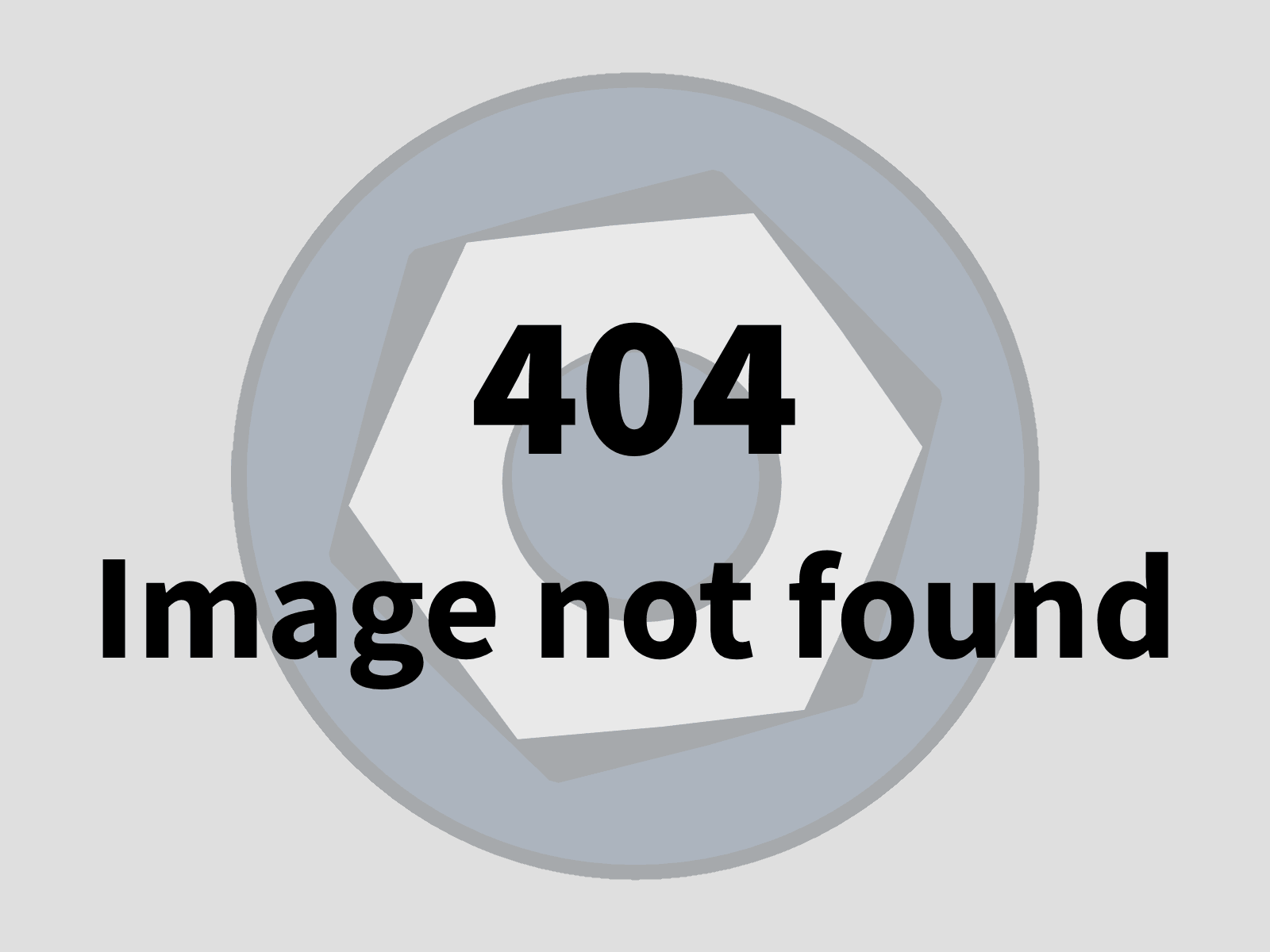International Development Law Organization (IDLO)
Our vision is a world in which every person lives with dignity and under the rule of law. We empower people and communities to claim their rights, and provide governments and justice professionals with the know-how to realize them. We invite everyone to partner with us.
As the only global intergovernmental organization exclusively devoted to promoting the rule of law and sustainable development, IDLO has experience working in more than 90 countries around the world with various legal systems. Our network includes thousands of trusted experts, alumni and partners. Established as an intergovernmental organization in 1988, IDLO has had United Nations Observer Status since 2001 and established itself in The Hague City of Peace and Justice in 2014.
Rule of Law
To understand the rule of law, we must think beyond judges in robes. More than a matter of due process, the rule of law is an enabler of justice and development. The three notions are interdependent; when realized, they are mutually reinforcing. For IDLO, as much as a question of laws and procedure, the rule of law is a culture and daily practice. It is inseparable from equality, from access to justice and education, from access to health and the protection of the most vulnerable.
It is crucial for the viability of communities and nations, and for the environment that sustains them. Our distinctive focus makes us party to some of the most urgent global conversations. At the United Nations and other fora, in helping formulate a new development paradigm, or in determining what constitutes justice and how to achieve it, IDLO brings to the table over three decades of experience in thinking – and helping implement – the rule of law.
Access to Justice
Justice is vital if we are to secure rights and dignity for all. Yet whether as individuals, groups or communities, many around the world – women, children and youths, migrants, ethnic and sexual minorities – often struggle to access it. Accessing justice is a matter of supply and demand: it involves empowering people to seek it, and securing the mechanisms to deliver it. Rights, in other words, are granted to those in a position to claim them. For this reason, alongside building capacity in the judicial sector, grassroots legal empowerment forms the core of our engagement.


